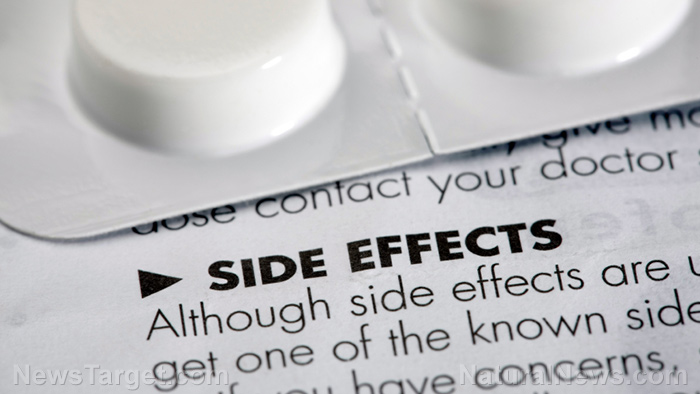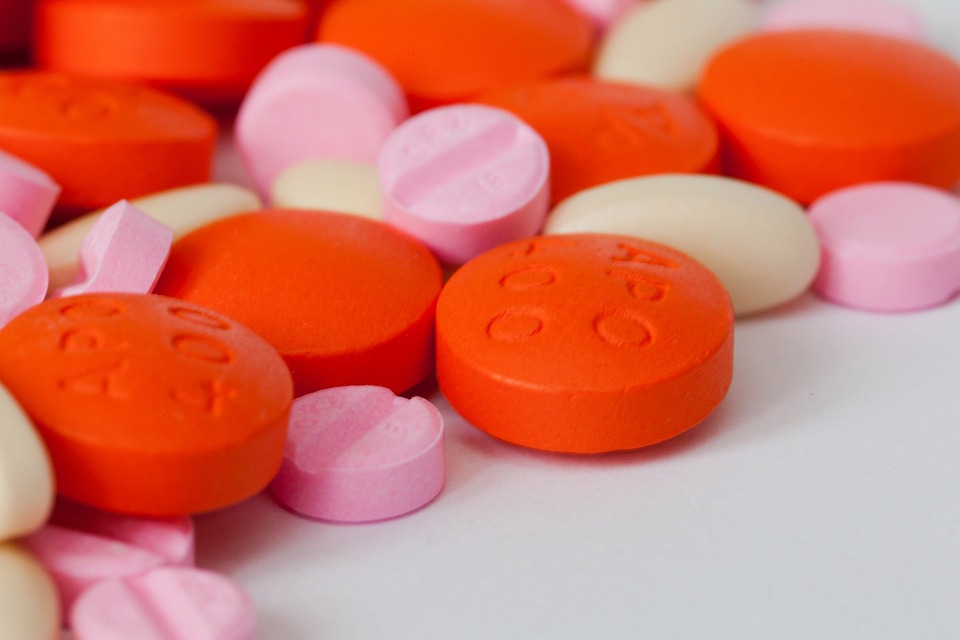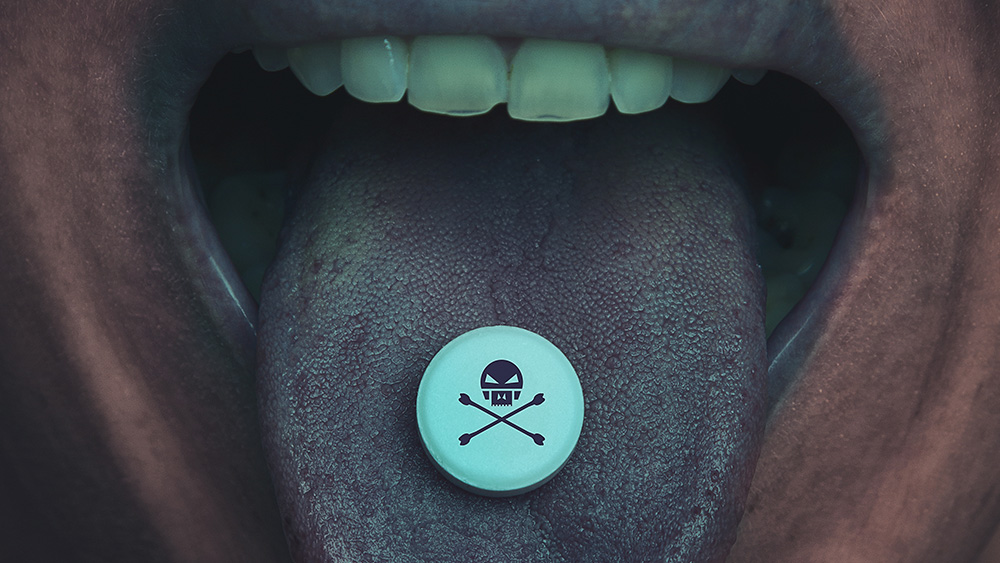Antidepressants the new OPIOIDS? Tens of millions of Americans are taking them, and many can’t quit
04/13/2018 / By Lance D Johnson

According to CDC statistics, more than 64,000 Americans died from an opioid overdose in 2016. As severe as it is, the opioid epidemic isn’t the only prescription drug problem plaguing America. Americans of all ages and walks of life are suffering from an anti-depressant crisis. Once started on prescription opioids or anti-depressants, many patients find relief from their symptoms of pain, but they gradually become physiologically addicted to the manipulation of neurotransmitter chemicals in their brain.
Once started on anti-depressants, many patients can’t seem to quit; their brains and metabolic pathways become addicted to the serotonin fix. A tolerance to the pharmacological action builds. When they try to wean themselves off the drugs, many times the withdrawal effects are so severe, that their depression heightens. Like opioids, anti-depressants may ease the pain at first, but the brain quickly becomes detached from reality, as it no longer adapts to stressors in a natural way. This is why some psychiatric patients begin to act out in uncharacteristic or violent ways. Most mass shooters were taking some form of psychiatric medication. Could anti-depressants cause some to completely lose remorse for others? Could their newfound chemical detachment from pain make them more impulsive and unable to regret their actions?
Various causes of depression are ignored as all patients are “treated” the same way
Depression comes in many forms and varies in interpretation from person to person. It is derived from various causes, encompassing relational, spiritual, and physiological imbalances. It can be based on something as simple as magnesium or zinc deficiency, a dehydrated brain, or a disrupted circadian rhythm. The condition can exist for more complex reasons, too, due to traumatic experiences and betrayals that never had time to heal.
Depression could be seasonal, due to lack of sunlight, fresh air, or natural scenery. It could be the side effect of a medication or the absence of healthy microbes in the gut. It could be a hormonal imbalance, caused by endocrine disrupting chemicals in the diet.
Depression could overtake someone who is a pathological liar, someone who runs away from their problems, or someone who doesn’t address the heart of an issue inside them. Depression could be imagined, a cry for sympathy, or a means to manipulate others. Depression could be an excuse for someone who won’t take responsibility for their behaviors.
Depression is a natural emotion, to some degree, such as the grievance of a lost loved one. Depression could be the emotion that’s pulling you to take action and do something different with your life. Depression has different severities, implications, and durations, but despite all the various reasons people are depressed, it is viewed today as something that can be treated all the same with a quick-fix manipulation of neurotransmitter levels in the brain.
Despite the various reasons people are sad, angry, distressed, afraid, and worrisome, we are told that these emotions must be drown out, covered up, or “fixed.” It doesn’t matter what the cause of the depression is or whether its severity is life threatening; people are told that the answer always comes in the form of an “anti-depressant” pill.
Of the tens of millions of Americans taking anti-depressants, many report that they can’t quit. Their brains are being locked into a cycle of dependence. After getting on the drugs, they feel that they will never be whole again. Once on the drugs, many people become attached to the identity of depression, further perpetuating its stronghold over their mind. Once on the drugs, many people’s brains never learn how to cope with what they were dealing with in the first place. On a physiological level, the manipulation of neurotransmitters can detach people from reality, destroying their natural ability to adapt and overcome the situation, thoughts, and deficiencies that they were facing.
“I couldn’t finish my college degree. Only now am I feeling well enough to try to re-enter society and go back to work,” says Victoria Toline, who fought nine months to wean herself off of Zoloft, a commonly prescribed anti-depressant. The complications forced her to drop out of school because she couldn’t cope with the drug’s symptoms of withdrawal, dizziness, confusion, and fatigue. This is congruent with many patient testimonies.
A staggering 15.5 million Americans have been taking anti-depressants for at least five years, a rate that has doubled since 2010. Even though the drugs were approved for shorter term use (2 months), people are using the drugs for several years as their brain builds up tolerance to their effects. The side effects of withdrawal are so cruel, that there seems to be no way out for many. The side effects alone can make life not worth living, causing patients to act out in different ways. The implications for suicide and lack of remorse are heightened as patients become dependent on the drugs.
For more insight on the psyche drug crisis, visit Mind.News.
Sources include:
Tagged Under: addiction, Antidepressants, Big Pharma, depression causes, depression epidemic, fatigue, hormonal imbalance, mental adaptation, mental health, metabolic issues, Mind, Neurotransmitters, nutrient deficiency, opioid epidemic, overdose, psyche drug crisis, psychiatric drugs, social health, spiritual health, stressors, sunlight, withdrawal




















